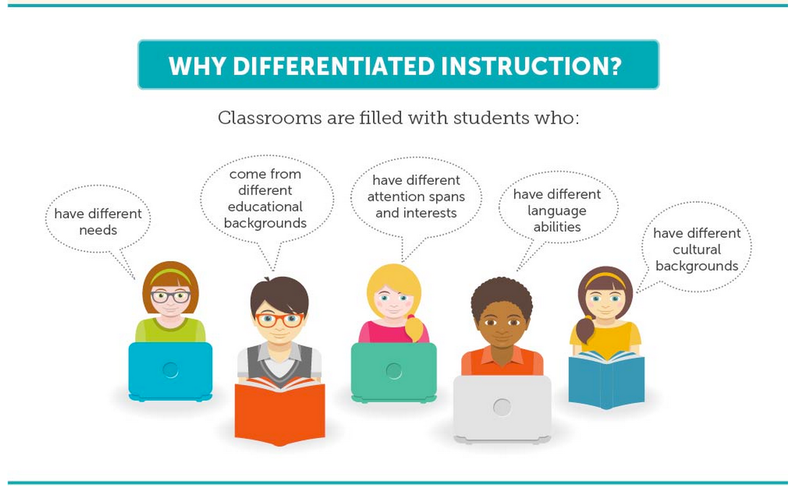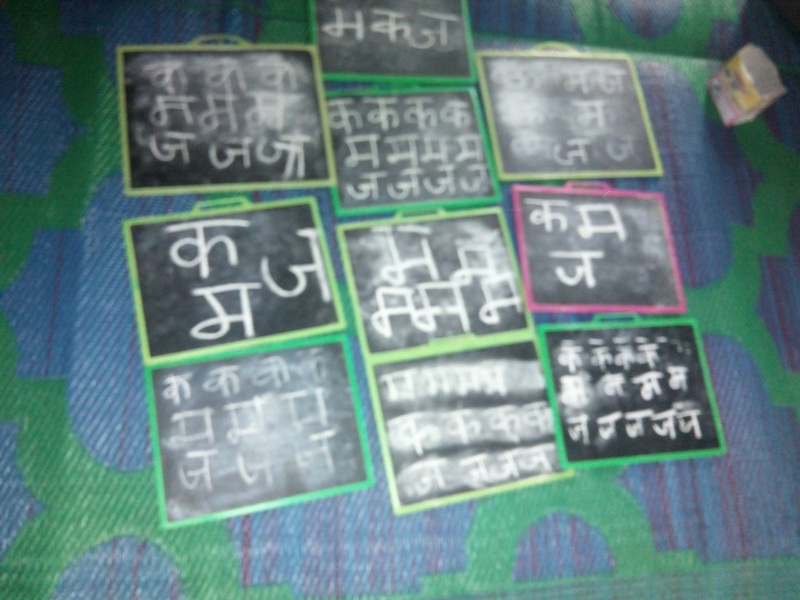e-Learning Ecologies MOOC’s Updates
Shiksha Plus: An Example of Differentiated Learning Platform for Illiterate Adults
Differentiated Learning:
First of all, I want to explore the idea of differentiated learning. Differentiated learning involves providing different students with different avenues to learning. It includes differentiated instruction by exploring new ways of transferring information and tailoring lessons to reach all types of learners.
The instructor deliver differentiated instruction depending on the learner learning style. There are many learning styles depends on learner profile for example visual, auditory, kinesthetic, verbal, logical, social and solitary. So, instructions should be personalized and learner adaptive as per their learning styles.
What is Shiksha Plus?
Shiksha Plus is literacy program of Shiv Nadar Foundation to eradicate illiteracy of adults.
http://shikshainitiative.org/en_US/
Who are the learners of Shiksha Plus?
Learners in Shiksha Plus platform vary in culture, age, socioeconomic status, language, gender, motivation, ability/disability, personal interests. They are illiterate adult workers, farmers, house wives etc of different ages.
Pre-assessment in Shiksha Plus Center:
Because an important part of differentiated instruction and assessment is determining what students already know. Pre-assessment of learners is held to determine the learner’s knowledge. For pre-assessment, their learning preferences and interests are identified.
How Differentiated learning Environment happen in Shiksha Plus Center?
As we know, optimal learning takes place through differentiating the learning environment. And, Mostly learners in Shiksha Plus are shy to attend class because they are adult. So, Shiksha Plus Centers are held on the learner’s preferences. It may be in neighbor’s house, nearby temple or anywhere they want to learn. Learners are divided in to groups and batches. Learners can choose their groups and batches in which they want to learn. The sitting plan of learners is in a circle way. So that they can interact and do collaboration in a group.
As Mr. Cope mentioned in his video “The technology mediated environments really can, help that a hell of a lot. But the, the only problem with them really is these isolated learner experiences. You know, the, the way in which, you know, individualization means that there isn't structured interaction with oth, other learners. Now I think we can work on that, and I think that, technology mediated environments, can do that in some very, very powerful ways”
So, In Shiksha Plus Center, the Interactive Digital Content is presented through projectors and laptop. In the digital content, the LSRW (Listening, Speaking, Reading, and Writing) learning style is followed for auditory, verbal, visual, kinesthetic learners. Flashcards, slates, chalk and some household available material used for activities. The Instructor gives personalized and adaptive instructions to the learner’s as per their adaptive capacity.
Content in Shiksha Plus:
Mr. Cope mentioned in his video’ “One of the premises of differentiated instruction is that you've gotta be able to have students doing different things at the same time.”
The content of lessons are differentiated based on what learners already know and their social and solitary nature. The Interactive Digital Content covers the basic standards of learning. Because some learners may be unfamiliar with the concept. So, the Instructor differentiates the content by designing activities for groups of learner. For example, to write Hindi alphabets the instructor may create an activity of making alphabets by thread; prior to the write alphabets with a chalk or pencil. The another example may be like if learners are to learn how to fill withdrawal form to withdraw money from bank then instructor may create an activity by giving them withdrawal from to fill and create differentiated instruction for each learner to withdraw different amount of money.
Ongoing Assessment in Shiksha Plus:
Instructor assesses learners regularly to inform instructional strategies. This may be by self-assess, other learners feedbacks, metacognition, discussion and Formative assessment. The Instructor employ formative assessments during a lesson to provide understanding about what the student is learning. This formative assessment may held directly by instructor or by the Interactive Digital Content. Daily assignments are given to learners. These assignments or home works are related to their nearby environment. They may relate and apply their learning to their daily life. And at end of the Course, a summative assessment is held.
So each learner in Shikha Plus program absorbs knowledge and create a new knowledge to their daily life environment through Differentiated Learning Environment.






A very cool project. You did a very good job of analyzing the program with a critical lens of elearning. It is clear this model applies many of the best practices Mr. Cope highlights in the course.
Lomesh,
Interesting concept, and great work in creating your own entry on this platform. I like the use of pictures and images breaking up the text.
Teresa